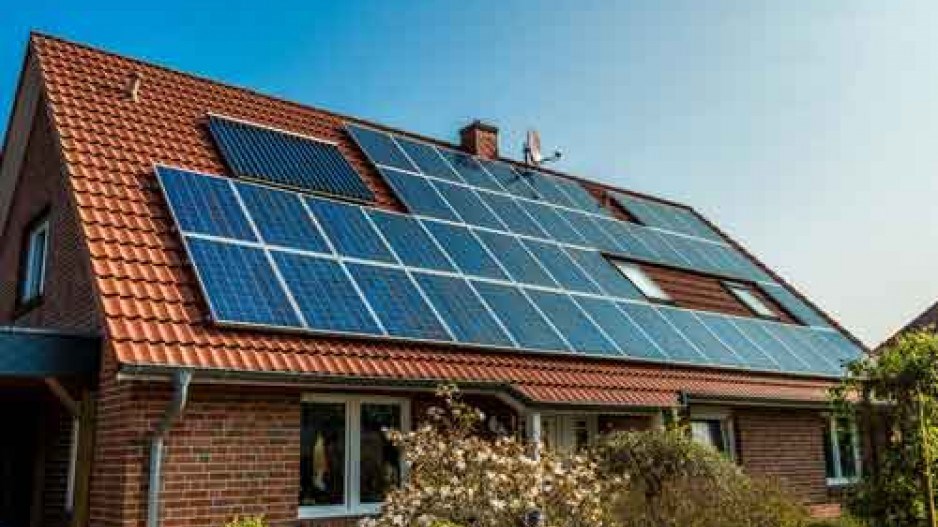Bloomberg News has had some interesting coverage recently on a battle in Nevada that has pitted the companies of two billionaires – Elon Musk and Warren Buffett – that both claim to be doing great things for the environment.
As detailed in this Bloomberg TV piece , Nevada has been a leader in the U.S. in net metering and solar power.
Because it has 335 days of sun per year, the opportunity for solar energy is huge there. Nevada was a leader in net metering policies, which allows people who generate their own power from rooftop solar panels to sell power to the state utility.
As a result, hundreds of Nevada homeowners took out second mortgages to have rooftops solar arrays installed on their homes, at costs of about $30,000 to $40,000. Those costs were justified because it dramatically reduced homeowners power bills, thanks to net metering policies.
These net metering policies spawned a whole new industry, and companies like SolarCity (an Elon Musk company), have done a booming business in Nevada.
But then NV Energy – a Warren Buffett Berkshire Hathaway Energy company – lobbied the Nevada Public Utilities Commission to change the rules. NV Energy is southern Nevada’s public power utility. It argued that these homeowners were essentially providing competition but without paying for the infrastructure costs of the state’s grid.
The Nevada Public Utility Commission agreed and changed the rates that net metering customers were to receive going forward. Companies like SolarCity pulled out of Nevada, taking a lot of jobs with it.
A compromise was recently arrived at in which the people who invested in rooftop solar would be grandfathered at the previous rates. But it means that this great experiment, in which homeowners financed new solar power generation, may be coming to an end.
Iran is open for business
So there was Hassan Rouhani, a Muslim cleric and president of Iran, standing next to Pope Francis for a photo op, as part of an “inter-religious dialogue.”
It was the first meeting between the Vatican and Tehran in nearly two decades – just one of many widely publicized meetings Rouhani had with European leaders during a four-day whirlwind tour that ended with $60 billion worth of contracts signed for everything from airplanes (Iran placed an order for 118 commercial passenger planes) to a deal with Peugeot to help Iran modernize its own auto manufacturing plants.
Now that trade embargoes have been lifted against Iran, years of pent-up demand promises to open up a huge amount of potential trade and investment between Iran and the west, and billions of petrodollars that were frozen in bank accounts for years are now flooding back into Iran.
Clearly, Iran is trying to send a message that it’s open for business. Iran has been described as Turkey but with oil. Unlike Saudi Arabia, which is almost entirely dependent on oil, Iran has an industrialized economy that includes auto manufacturing, steel making, petrochemicals and a defence industry. It also has a young, well-educated workforce.
And although it’s best known for oil and gas, Iran is also a large country that is rich in minerals, including iron ore, copper, lead, and rare earth elements.
But its mining resources have been largely under developed, which means there is huge potential in Iran both for exploration and development companies, as well as investment in new mining technology. Here is an opportunity for Canadian companies with a whole range of expertise in modern mining to seize the day.
Iran is now actively seeking foreign investment deals worth an estimated $29 billion in to develop new mines. Given Canada’ expertise in mining, there could be huge untapped potential about to open up in Iran.




